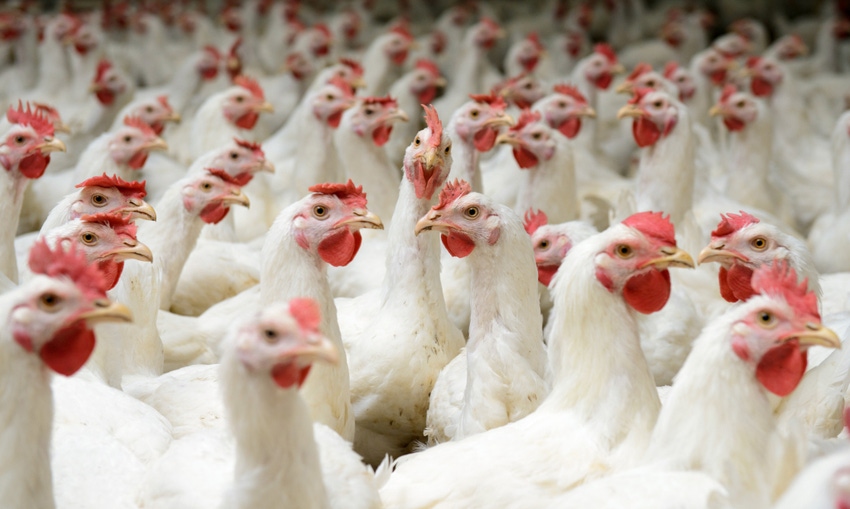New study will identify genes that reduce influenza A infection in pigs and chickens as well as genes that limit virus spread to people.
March 13, 2019

The influenza A virus — known for causing “bird flu” and “swine flu” — can affect both people and animals. The virus is able to jump to new species, where it can cause more severe symptoms, according to an announcement from The Roslin Institute in the U.K.
Now, a new study led by Dr. Finn Grey of The Roslin Institute aims to identify genes that are involved in the influenza virus jumping species, specifically among chickens, swine and people.
According to Grey, these species jumps are relatively rare because the virus has to adapt to the new species and because a specific "arm" of the immune system — called the host interferon response — represents a significant barrier to the virus spreading from animals to people.
The Roslin-led study will investigate which genes are important for inhibiting replication of influenza A virus in pigs and chickens and which genes of the host interferon response limit the spread of the virus from animals to people.
The study will help virologists better understand how to combat influenza strains.
Work will be conducted in collaboration with Roslin scientists Paul Digard, Kenneth Baillie and Jacqueline Smith as well as Sam Wilson from the Centre for Virus Research of the University of Glasgow in Scotland.
"Research of livestock influenza infections is critically important, both in terms of economic burden and the potential for pandemic human outbreaks. This research, along with the recent development of genome-wide CRISPR libraries for livestock species, places The Roslin Institute at the forefront of cutting-edge systematic approaches in livestock species," Grey said.
Source: The Roslin Institute, which is solely responsible for the information provided and is wholly owned by the source. Informa Business Media and all its subsidiaries are not responsible for any of the content contained in this information asset.
You May Also Like



